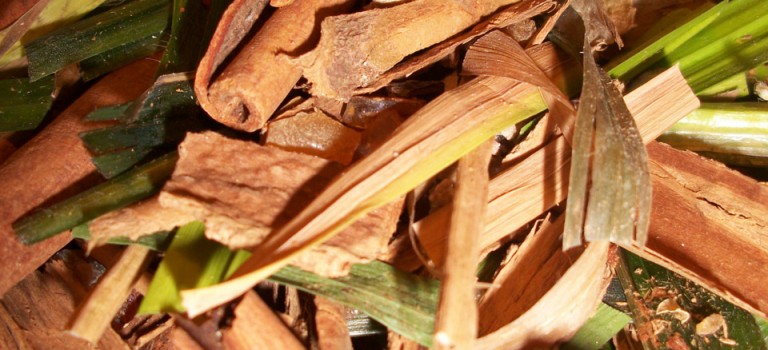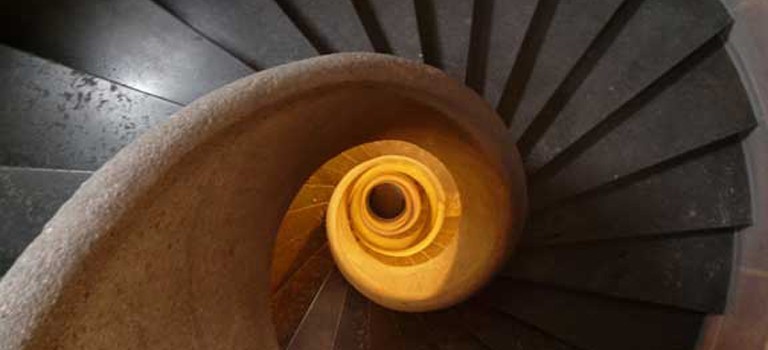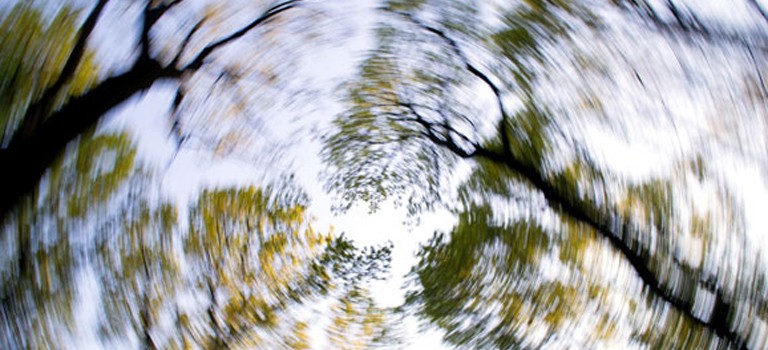You can stand up and remain stable when you walk, run or dance thanks to your inner ears. They have a complex and delicate system. Inside the ear there are sensitive bulbs, fluid-filled coils and minute hairs. Special membranes coat each hair. Each time you move your head, microscopic crystals on the membranes, tug on the hairs. This relays information through the inner ear and on to nerves which send the info to the brain. Because this system is so delicate, many things can go wrong. Viral infections, trauma and chronic conditions like Meniere’s disease can disrupt inner ear balance. When something does go wrong in the inner ear, it can lead to vertigo.








